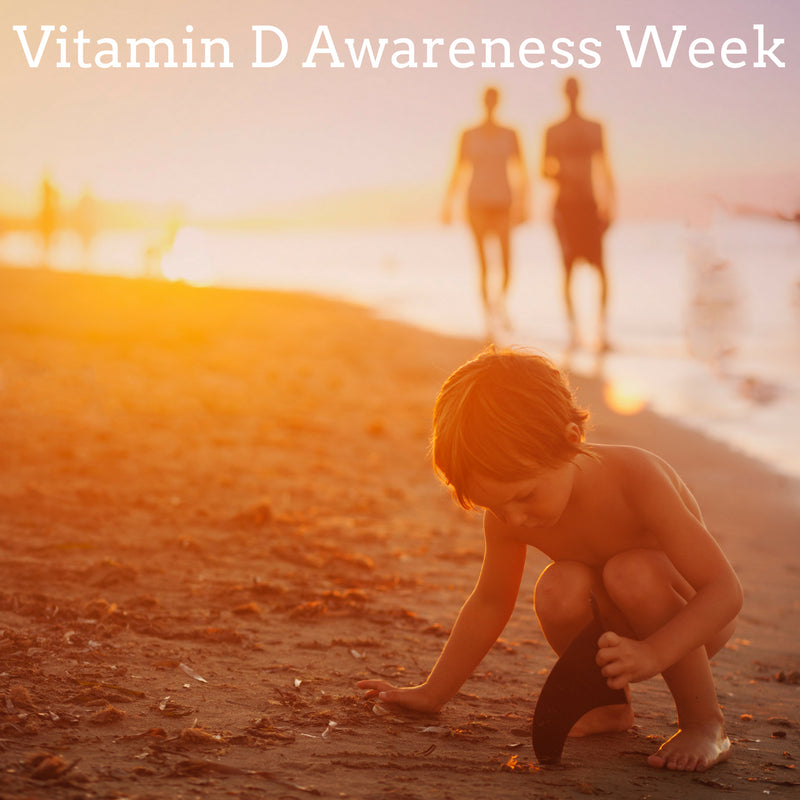We are supporting Vitamin D Awareness Week in the hope that the public no longer sees the sun as public enemy No.1.
How do we get Vitamin D?
Vitamin D₃ is made in your skin when you are exposed to sunlight. It then travels in the bloodstream to the liver and kidneys where it goes through various processes before it can be converted in to a form of Vitamin D that the body can use.
You don’t have to burn to make vitamin D. Just enough exposure to turn the skin slightly pink is enough.
Sunshine is good for you!
A large study has shown that those who avoid sunshine are twice as likely to die as those who sunbathe every day.
As written in The Lancet – “Paradoxically, outdoor workers have a decreased risk of melanoma compared with indoor workers, suggesting that chronic sunlight exposure can have a protective effect.”
The best way to obtain Vitamin D is from the sun but it can also be found in foods like butter, egg yolks, liver and oily fish.
Vitamin D and health
Vitamin D is necessary for a healthy immune system, preventing cancers like breast and colon, for healthy bones and teeth, muscle function and hormones involved in heart health. Research is showing that Vitamin D is necessary for preventing autoimmune diseases like multiple sclerosis and type 1 diabetes.
Symptoms of low vitamin D can be depression, frequent colds, tiredness, slow wound healing, respiratory problems, cardiovascular disease and surprisingly head sweating!
Vitamin D supplementation
The NHS reports we get no vitamin D from the sun between October and March and it is difficult to get it from food alone.
The best way to know if you are deficient is to ask for a test from your GP or purchase your home kit test here. A mid range level result is better than a high level.
If you find you are deficient in Vitamin D you can consider supplementation with an oral Vitamin D spray.
Remember that magnesium is required to change the storage form of vitamin D in to active Vitamin D. If you have low vitamin D levels it could be that you actually don’t have enough magnesium, especially if you know you get enough sun exposure.

Share:
Proven Ways to Prevent and Treat the Flu
Lamb Family Recipes